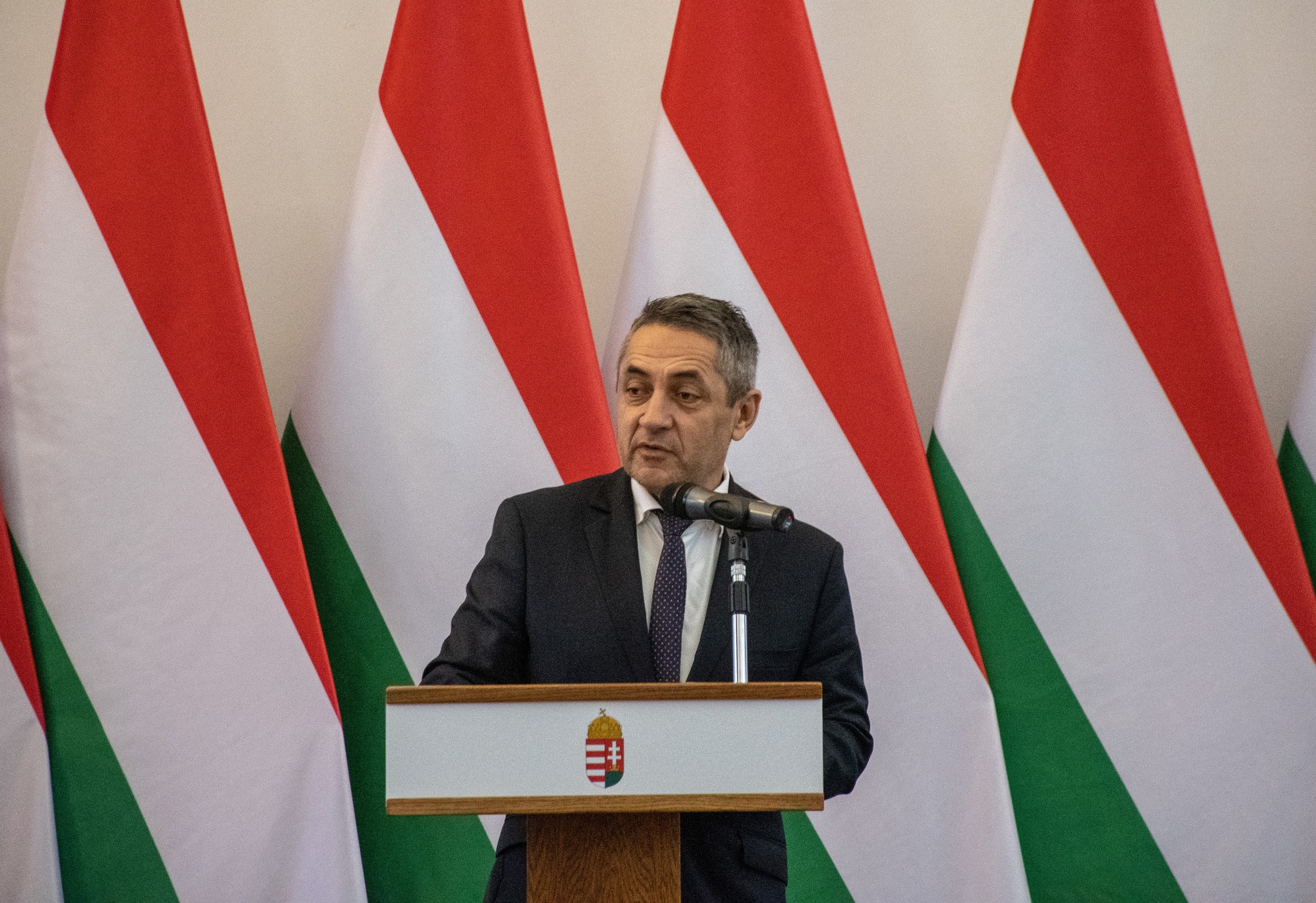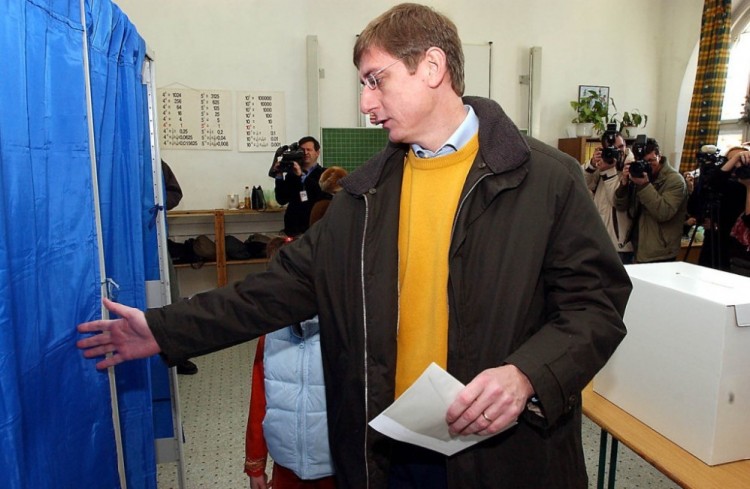
After 2010, we have managed to reunite the Hungarian nation within the existing borders and by peaceful means, said the Minister of State for National Policy in the Prime Minister’s Office at the XI “Forum of Cohesion in the Carpathian Basin” in Budapest on Monday.
Árpád János Potápi stressed that this is a great success, which began on May 26, 2010, with the adoption of the law on dual citizenship.
He said that the referendum on dual citizenship on December 5, 2004 was the result of the promises made by the future ruling parties during the election campaign that if they came to power, they would create the possibility of dual citizenship.
He said that
today there are more than 1 million 170 thousand new Hungarian citizens.
The question, submitted by the World Association of Hungarians, asked citizens whether they agreed that a new law should grant Hungarian citizenship by preferential naturalization to non-Hungarian citizens who profess Hungarian citizenship and who do not reside in Hungary, upon application.
In the end, only slightly more than 3 million out of a possible 8 million voters went to the polls, rendering the referendum invalid.
This was mainly due to the fact that the then Socialist government of Ferenc Gyurcsány (MSZP) launched a counter-campaign and misled citizens with presumed negative consequences – should they agree to simplified naturalization.
The government of the time deliberately attacked people’s confidence in their livelihood security, which was dwindling anyway due to the economic policies of the time, claiming that dual citizenship would cause the economy to collapse. They tried to make people feel insecure by persuading them that they would get less money and less pension if Hungarians from abroad came to Hungary with citizenship, as well as that the new citizens would also get access to health insurance (which, however, is wrong, because health insurance does not depend on citizenship, but on paying contributions).
According to then-Prime Minister Ferenc Gyurcsány, the referendum on dual citizenship would not have united the nation, but divided it.
This campaign achieved its goal in 2004, but after the national-conservative Orbán government won in 2010, it introduced the simplified acquisition of citizenship for our fellow Hungarians stranded beyond our borders.

Campaign poster of MSZP from 2004: “The responsible choice! 2x NO” (Photo: Balázs Hidvéghi Facebook)
The last 8 years have proven that this decision has not taken anything away from the nation, but given it a lot.
Regarding the periods of national policy, Potápi said that there have been two periods: Between 2010 and 2014, he said, the foundation for the construction in public law was created through legislation, and since then it has been possible to build on it. Then, from 2014-2015, they could essentially turn to economic support to strengthen the ability to thrive in the homeland.

Then-Prime Minister Ferenc Gyurcsány (MSZP) led an active counter-campaign against the introduction of dual citizenship. (Photo: Origo)
Árpád János Potápi stressed that
the government does not take measures that affect Hungarians living beyond the borders and on which the communities and their political leaders have not been consulted beforehand.
The state secretary said that the programs will be continued and expanded next year.
Via: MTI, Origo ; Featured photo: Árpád János Potápi Facebook